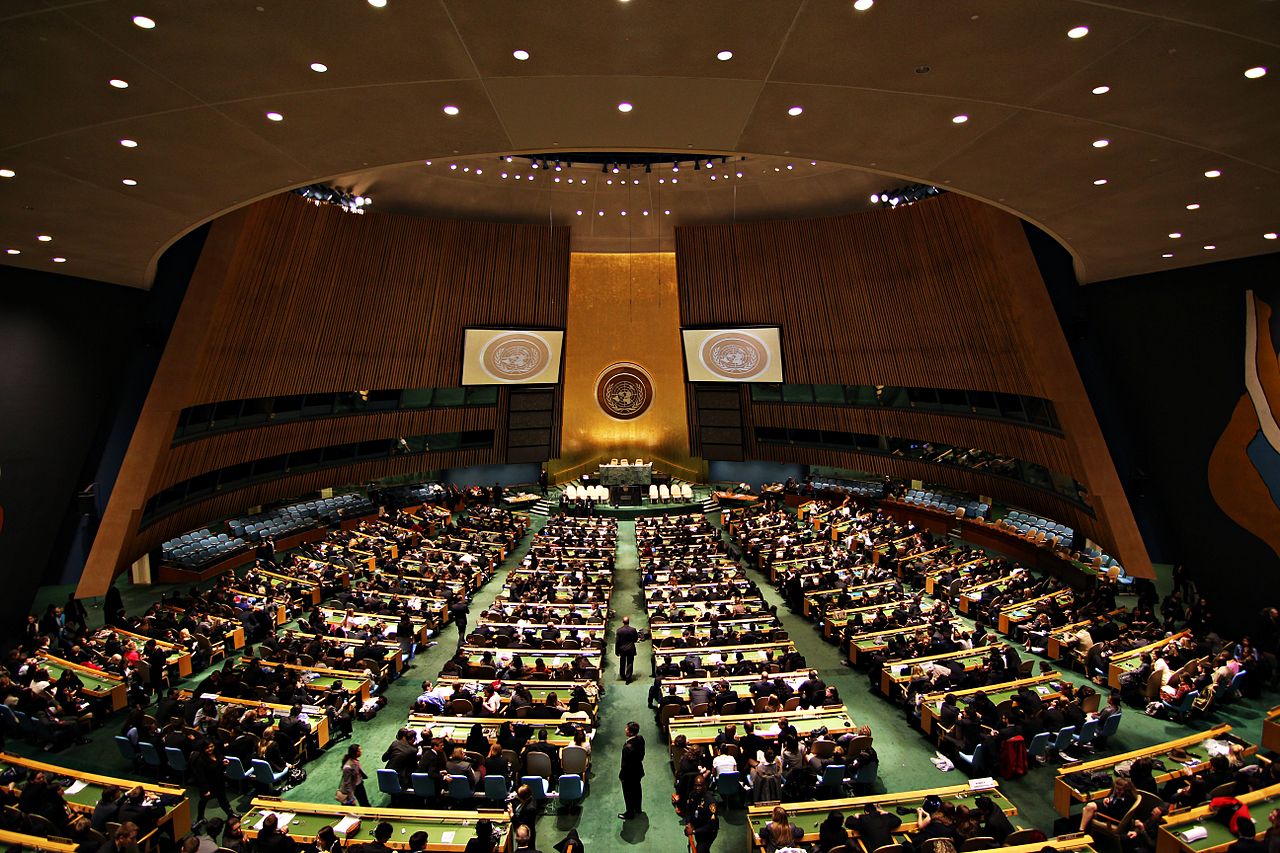WASHINGTON (Transatlantic Today)- The global south is fighting to stop the war from overlooking the existential threats of famine and the climate crisis, but this week’s UN general assembly summit will be dominated by a tussle for global support over the fate of Ukraine between Russia on one side and the US and its allies on the other.
Prime ministers and presidents will be converging in New York as in-person general debate makes a comeback. Many of them will be travelling directly from London, where diplomatic negotiations began on the sidelines of the Queen’s funeral.
Russia is presently losing ground both on the battlefield and in the struggle for minds and hearts throughout the world about the future of Ukraine. Volodymyr Zelenskiy, the president of Ukraine, was given permission to deliver a prerecorded video message by the general assembly by a vote of 101-7 with 19 abstentions, dispensing with the requirement that speakers be present in person.
India, a longstanding ally of Moscow that has a history of abstaining from voting on Ukraine, supported Zelenskiy. When they appeared together at a regional Asia meeting in Uzbekistan, India’s prime minister, Narendra Modi, publicly reprimanded Russian president Vladimir Putin, reminding him that “today’s time is not a time for war.” Putin echoed what he had previously said about China that he was aware of India’s “concerns”.
As mass graves are found following Russia’s retreat from the Ukrainian village of Izium, the week-long general assembly session of the UN gets underway.
Zelenskiy and Joe Biden’s addresses on Wednesday are likely to centre on war crimes, and the UN security council will hold a ministerial meeting on Thursday morning with Catherine Colonna, the French foreign minister, as the chair, to discuss responsibility for war crimes in Ukraine.
Linda Thomas-Greenfield, the US envoy to the UN, stated that the Russians “should expect that it will not be business as usual when they arrive in New York tomorrow.”
They will be isolated. They will receive harsher criticism in the general assembly as well as in the security council, she told CNN.
Despite widespread support for Ukraine’s plight in the face of the Russian invasion at the UN general assembly, developing nations have expressed discontent that the conflict has overshadowed conversation and action on parallel food and climate crises that pose a threat of mass migration and starvation in the developing world.
In the security council and general assembly, Ukraine has pushed for more resolutions denouncing Russia, but its western backers have cautioned against the possibility that the dwindling numbers in favour of such resolutions might become the story.
They had had to work hard to make it obvious that they were talking about those issues that did concern the countries that weren’t directly affected by Ukraine in their own right, a European diplomat at the UN said. There had been an ebb and flow of interest and participation from nations not immediately affected by Ukraine, the diplomat added.
Biden will preside over a summit on food security on Tuesday, and US officials have hinted that Washington is open to discussions about reforming UN bodies like the security council.
The conference on food security will be used by Western member nations to draw attention to the connections between the Russian invasion and the world’s food shortage.


























